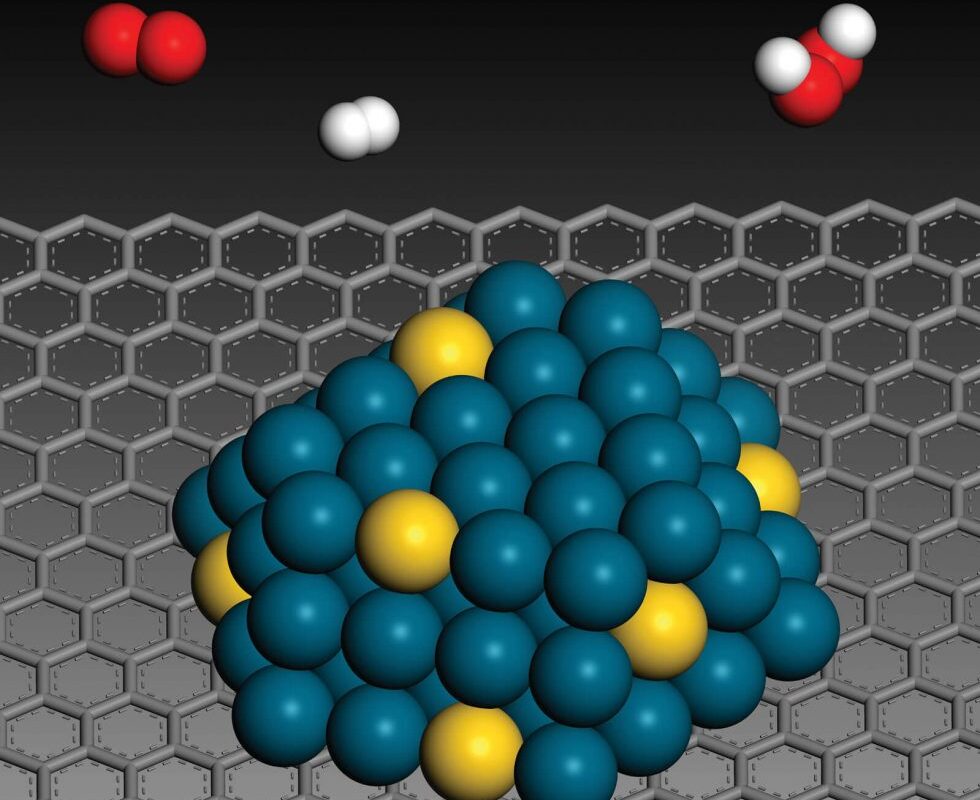New research published in Nature Nanotechnology may have found a solution to mitigate the negative side effects associated with the intravenous injection of nanoparticles commonly used in medicine. Nanotechnology’s ability to precisely target tissues, such as cancer cells, has made it a promising approach in medical treatments. However, the injection of nanoparticles can activate a part of the immune system called complement, which leads to side effects such as shortness of breath, elevated heart rate, fever, and in rare cases, anaphylactic shock.
Led by senior author Dmitri Simberg, Ph.D., professor of Nanomedicine and Nanosafety at the University of Colorado Skaggs School of Pharmacy, the research team aimed to better understand and prevent immune activation caused by nanoparticles. They collaborated with Michael Holers, M.D., at the University of Colorado School of Medicine and the Medical University of South Carolina to study the impact of complement inhibitors injected with nanoparticles in animal models.
The study focused on a group of complement inhibitors known as regulators. The researchers observed that these inhibitors effectively prevented complement activation by nanoparticles in human serum in vitro and in animal models. When injected at low doses, the regulators completely blocked complement activation by nanoparticles in the animal models, demonstrating their potential for reducing side effects and improving the efficacy of nanomedicines.
The research also provided insights into the interplay between nanoparticles and complement regulators. Despite trillions of nanoparticles being injected into the blood, only a small fraction actually activated complement. The regulators promptly mitigated immune activation upon the activation of complement by nanoparticles. This understanding opens up opportunities to optimize the use of regulators with nanoparticles, aiming to improve the efficacy and tolerability of nanotechnology-based therapeutics and vaccines.
While progress has been made in reducing adverse reactions through techniques such as slow infusion and premedication with steroids and antihistamines, a significant number of individuals still experience side effects. The researchers believe that their findings could help prevent, avoid, and mitigate such reactions, making the design of nanotechnology safer in the future.
The next step for the research team is to test the complement inhibitors with a variety of nanoparticles and disease models in order to fully explore the potential of this approach. Ultimately, they hope to translate their findings into clinical applications. This research has great implications for the future of nanotechnology in medicine, as it paves the way for safer and more effective treatments with fewer side effects.
*Note:
1. Source: Coherent Market Insights, Public sources, Desk research
2. We have leveraged AI tools to mine information and compile it




